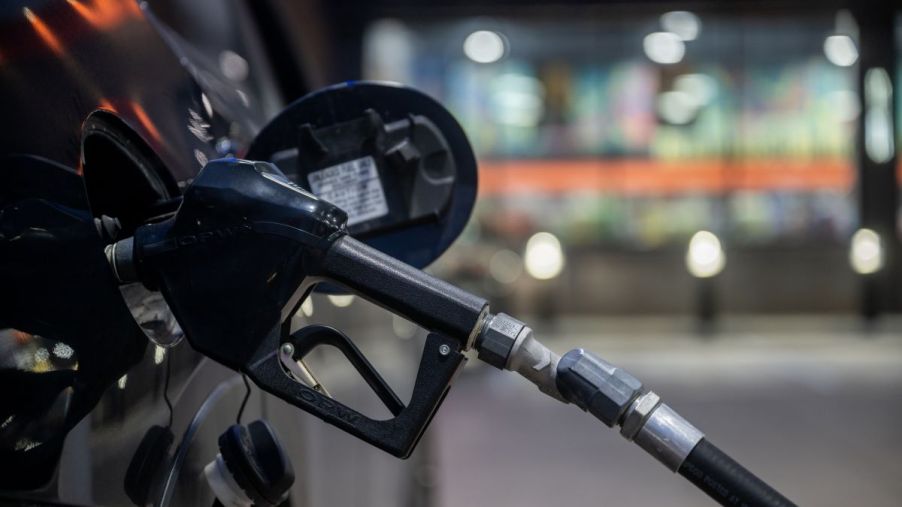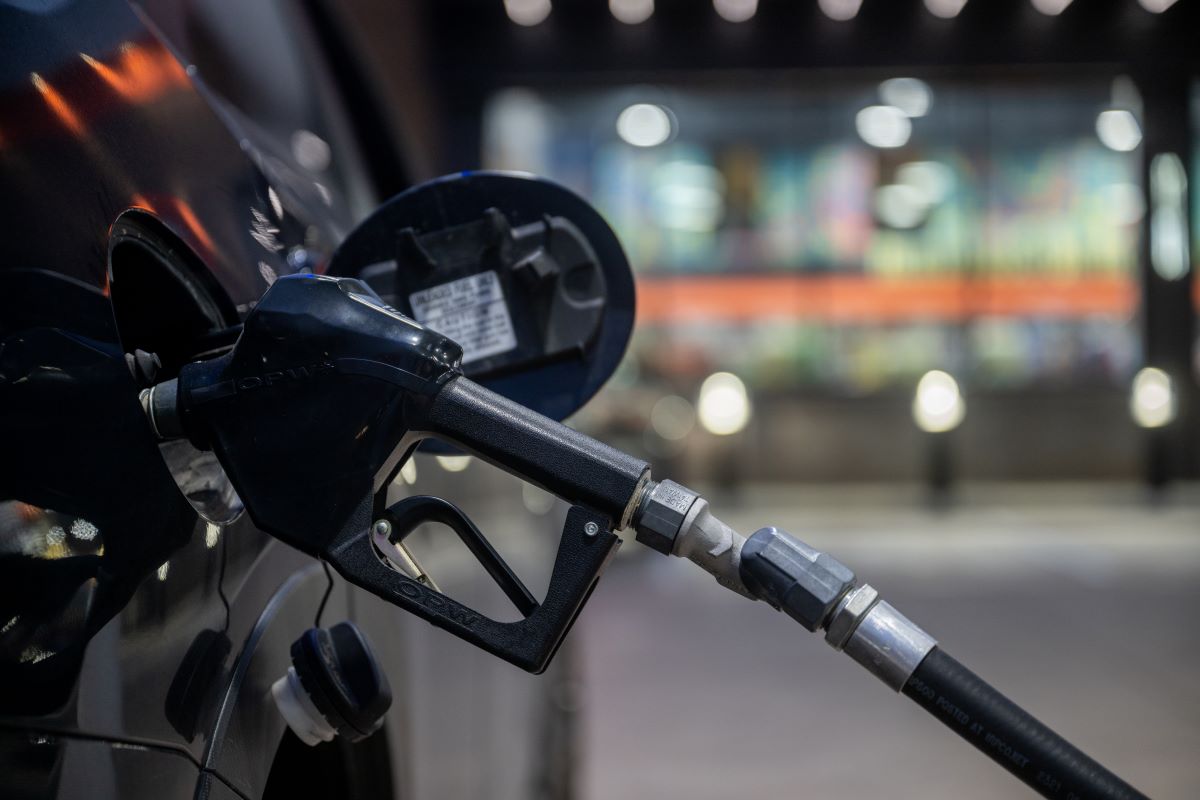
4 Helpful Engine Maintenance Tips for Conserving Fuel with High Prices at the Gas Pump
Conserving fuel is important for several reasons. They include reducing your carbon footprint, saving money at the gas pump, and reducing dependence on non-renewable resources. Many drivers may dart across town to determine which station has the lowest prices. But the following four engine maintenance tips are a much easier way to burn less and improve fuel economy.
1. Using the manufacturer’s recommended engine oil
Part of maintaining a manufacturer’s expected vehicle fuel economy requires using the correct engine oil. If a vehicle typically uses 10W-30 and wants to save a few bucks using 5W-30, it could cost 2% of fuel economy. Newer cars usually use lighter-weight engine oil, and ensuring proper flow is essential to conserving fuel.
Drivers can also choose friction-reducing additives that improve fuel economy. Synthetic oils do much of the same. They have a lower viscosity that may improve fuel economy in most vehicles by reducing friction in the engine, which also helps during cold weather starts.
2. Regular engine tune-ups
Assuring your vehicle operates efficiently will save time and money over the car’s life. Moreover, broken components can steal precious mpg. For instance, while not integral to propelling a vehicle down the road, cracked carbon canisters will rob gas mileage.
Vehicle owners must be aware of burned-out spark plugs, defective fuel system sensors, dirty air and oil filters, piston rings, and others. Confirming that engines aren’t throwing error codes and that all smaller hardware is clean and in working order can result in a 4% fuel savings.
3. Driving more sensibly
Hammering the accelerator pedal is an unmistakable mark of achieving poor fuel economy. The U.S. Department of Energy (USDOE) says aggressive driving can lower fuel economy by 15% to 30% at highway speeds and 10% to 40% in stop-and-go traffic. Weaving in and out of traffic, quick starts, and aggressive turning may make you think you’re getting somewhere faster, but it doesn’t shave off much time. Moreover, it will wear out various components, such as brakes and tires, quicker.
The key to conserving fuel is limiting quick acceleration and fast braking, engaging more gradual speed changes. Anticipating obstacles is also vital. For instance, gaining speed on a downhill stretch before climbing another hill, expecting traffic light changes, and engine braking before reaching a curve help save money at the pump.
4. Avoid idling
Starting your car to warm up the engine in the colder months is now an anachronism. With modern fuel injection, all it does is waste fuel. Realistically, anytime a car is stationary and running, it robs drivers of much-needed dollars and cents. It may not be strictly car maintenance, but more driving maintenance.
Many modern vehicles have stop-start functions that shut off the engine at stop signs and traffic lights. But for those who don’t have access to the function, drivers can strategize. Turning off the engine at a red light may be overkill, but a reasonable threshold for conserving fuel is 10 seconds. Once that period passes with the engine running in a stationary car, less fuel would have been used to restart the engine.
Which fuel is better for conserving fuel and the environment?

Chemically speaking, diesel and gasoline have different molecular structures, with diesel being heavier and denser than gasoline. The contrast affects their combustion properties, affecting how they are used as fuels. Diesel engines operate at higher compression ratios than gasoline engines, which leads to greater efficiency and power output. It’s also more energy-dense than gasoline, meaning it contains more energy per unit of volume.
On the other hand, gasoline engines typically operate at lower compression ratios, which results in lower efficiency but smoother operation. Gasoline is also less energy-dense than diesel, which means that a larger volume of fuel is required to produce the same amount of energy.
Regarding environmental impact, diesel fuel is generally considered a more substantial pollutant than gasoline, considering the nitrogen oxides and particulate matter in exhaust gases. However, modern diesel engines have emission control systems that can significantly reduce these emissions. Nevertheless, both types of fuel have their advantages and disadvantages, and the choice between them will depend on factors such as cost, availability, and environmental impact.


